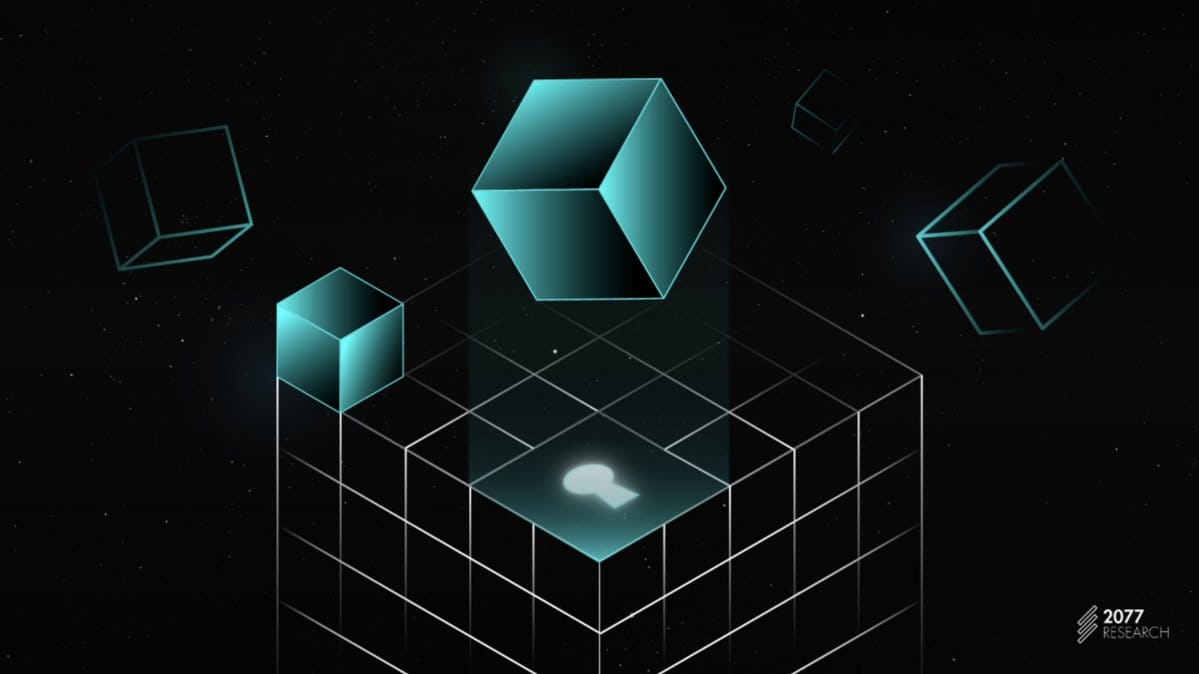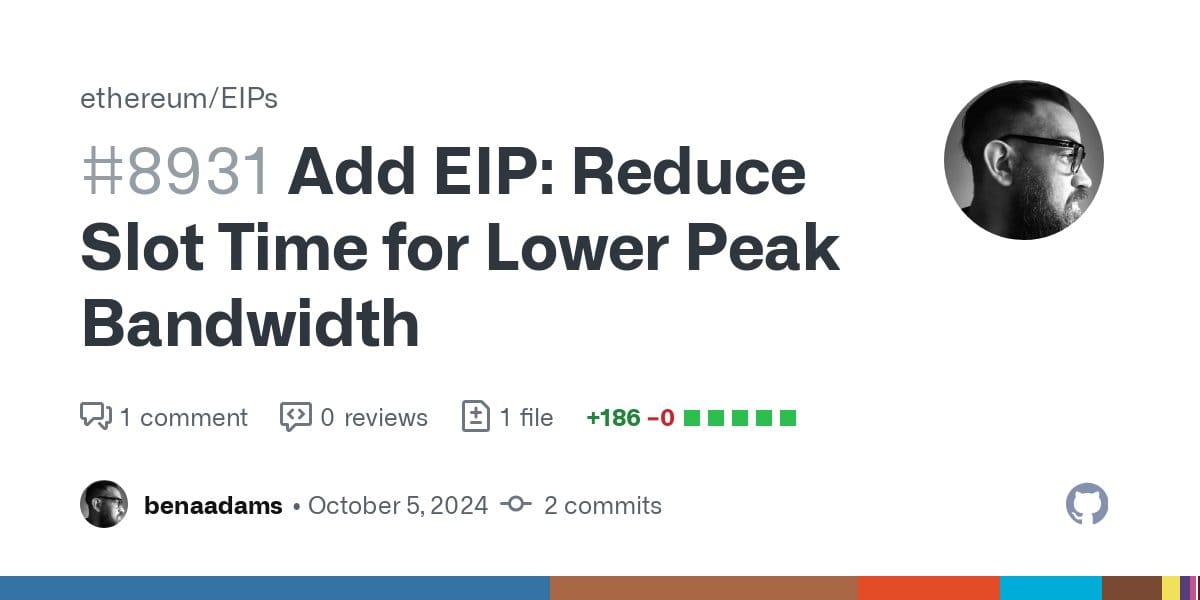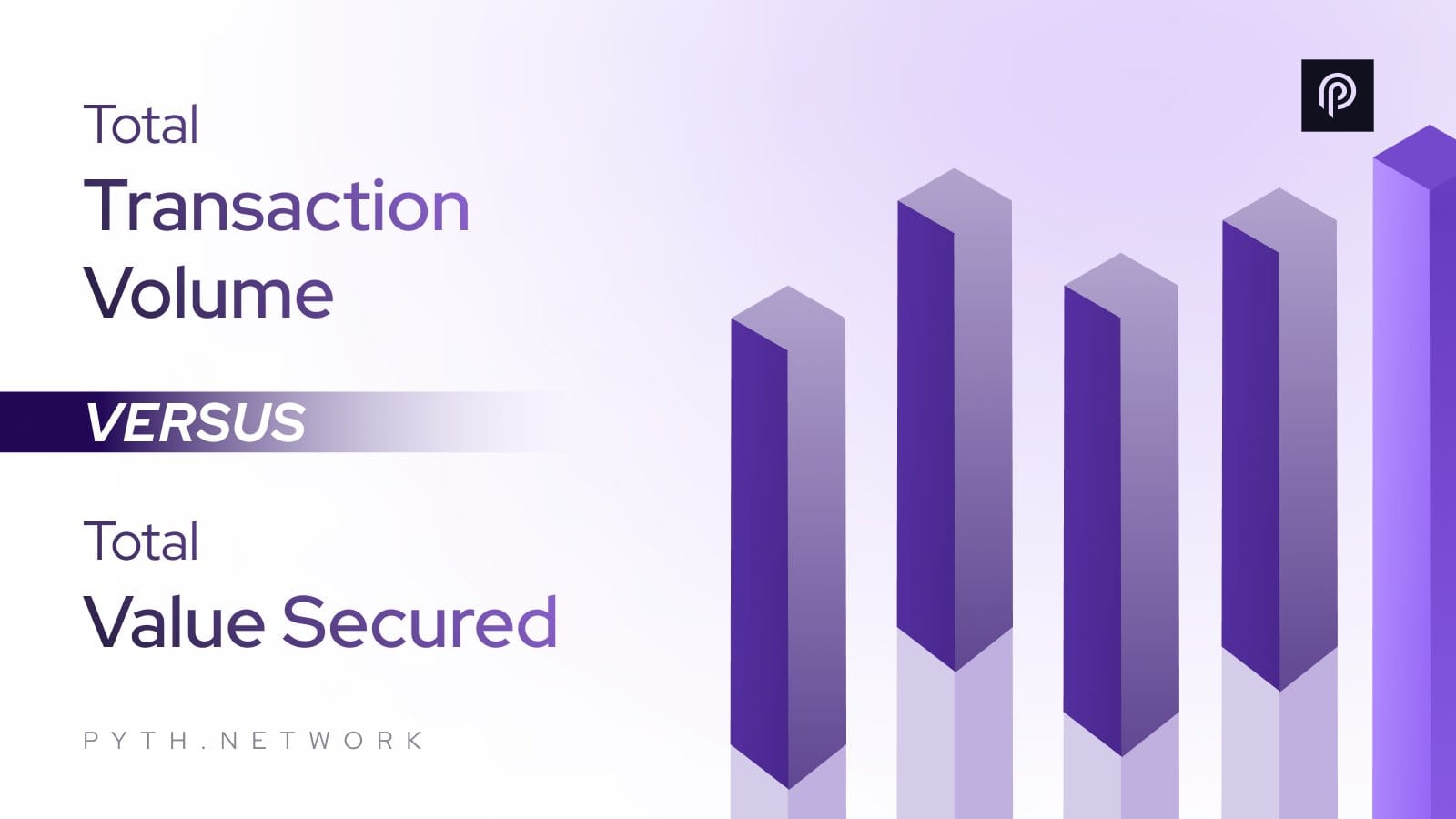This Week's Research and Education: EIP-7781 Proposed Reducing Ethereum's Slot Time, How EigenDA achieves hyperscale throughput

Research 🧑🔬

- Ben Adams proposes EIP-7781, aiming to reduce Ethereum's slot time from 12 to 9 seconds, increasing transaction throughput by 33%.
- Giulio Rebuffo proposes EIP-7779, aiming to gradually increase Ethereum's block gas limit from 30 million to 60 million over two years.
- Nero.eth highlights that solo stakers and local block builders experience higher reorganization rates compared to professional operators and MEV-Boost users.
- Pop's study on PeerDAS (EIP-7594) uses simulations to determine how custody requirements and subnet count affect the number of peers a node needs.
- Iampeersky proposes the Ethereum Distribution System (EDS) to reduce disk space usage and enable object passing between contracts.
- Tim Pechersky proposes EIP-xxxx, adding the GETCONTRACT opcode to retrieve a contract's address by its bytecode hash, enhancing security and efficiency.
- Fjm2u introduces Anoiden, a zero-knowledge proof-based SSO protocol that allows anonymous logins without revealing user identity
Want to Reach Developers?
Web3 Builder news is read by an avid audience of developers and builders. If you want to reach this influential audience, contact us.
Education/Mechanism 🧑🏫

- Sreeram Kannan from EigenLayer explains EigenDA's hyperscale throughput via a minimalist, leaderless design with no scaling or censorship limits.
- 2077 research shares why no Ethereum Layer 2 optimistic rollups have achieved Stage 2 security yet.
- 2077 Research explores Starknet's Bolt upgrade, featuring Parallel Execution and Block Packing, with benchmarks on processing speed improvements.
- Pyth Network suggests replacing Total Value Secured (TVS) with Total Transaction Volume (TTV) as a more effective metric for evaluating oracles.
- EigenLayer explains that Proof-of-Stake Oracles are crucial for creating trusted on-chain data by bridging blockchains with the real world.
- Polynomial explains how their Abstraction Layer enables CEX-like on-chain trading with gasless transactions and cross-chain bridging.
- Charles Wang explains the issues with the Uniswap UniversalRouter in scenarios of incorrect operations.
- Charles Wang explains liquid staking using Strader Lab's BNBx.
- Chrisdior.eth shares an article explaining what Chain Abstraction is in less than 100 words.
- EigenLayer shares a user guide on how to start building their first AVS (Actively Validated Services).
Like this content? Subscribe to stay up to date.